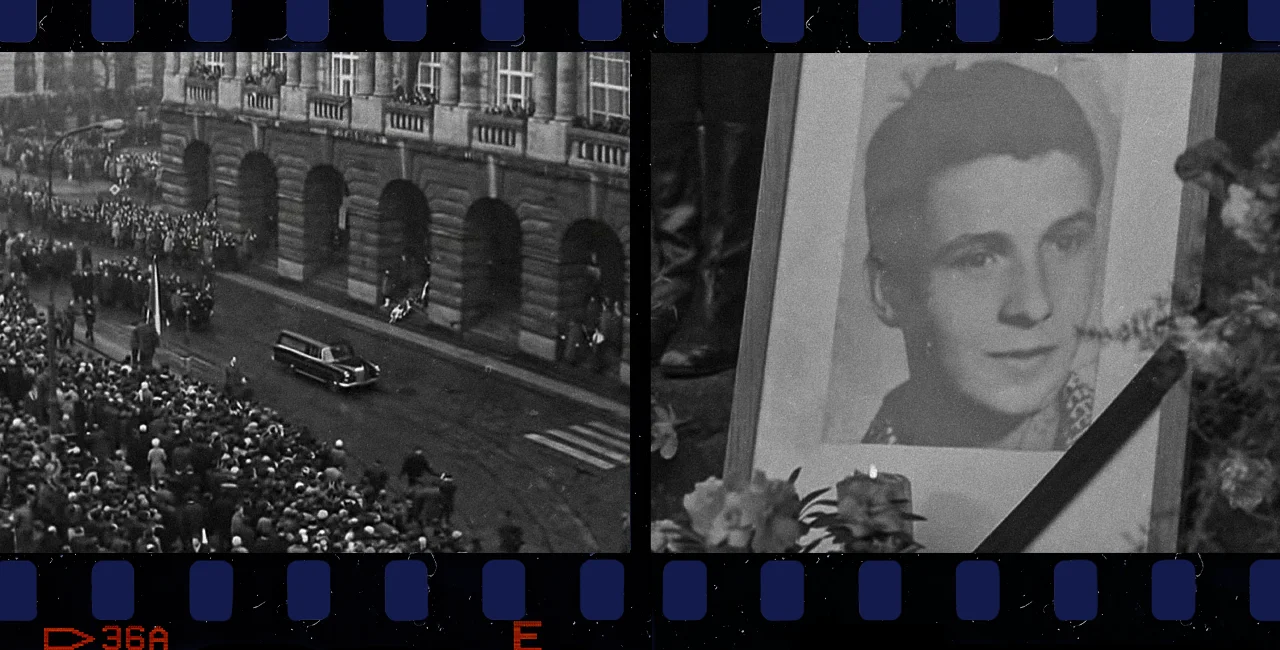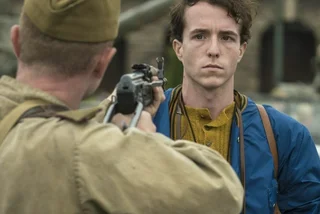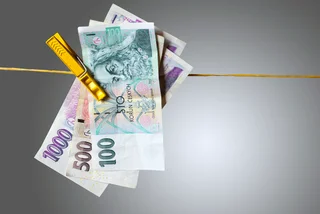On this day in 1969, student Jan Palach immolated himself on Prague’s Wenceslas Square. He is revered as a national hero for taking a principled stance against the Soviet occupation of Czechoslovakia.
Palach's act was not a direct protest against the August 1968 Soviet-led Warsaw Pact invasion that crushed the Prague Spring reforms. Rather, it stemmed from the Czechoslovak government's complacency in the subsequent months regarding the occupation.
Today marks the 55th anniversary of Palach’s heroic act. He died three days later, on Jan. 19. A 1969 British Pathé newsreel captures the solemn atmosphere as mourners solemnly file past his coffin and participate in the subsequent funeral procession.
Palach's shocking act of self-immolation is said to have catalyzed the successful transformation from a totalitarian society to a democratic and free one in January 1989: The 20th-anniversary commemoration of Palach's death in January 1989 unexpectedly transformed into a powerful mass protest against the regime.
At the time, thousands expressed their discontent, risking a crackdown by riot police. A few months later, the totalitarian regime fell. In 2014, the Czech government deemed Jan. 16 a nationally significant day officially recognized by the whole country.
In commemoration, senators on Tuesday laid flowers and candles at the site marked by a wooden cross beneath the National Museum in Wenceslas Square.
Senate President Miloš Vystrčil remarked: "Jan Palach awakened the nation to the realization that freedom cannot be neglected. If a nation lives under pressure and is subjugated, life is not life. We should remember why he did it and realize how important freedom is."
Palach’s final resting place is at Olšanské hřbitovy in Prague’s Žižkov. Various memorials dedicated to his life, ranging from street art to sculpture, can be found in Prague and throughout the Czech Republic. His home in Všetaty has been made into a museum.












 Reading time: 1 minute
Reading time: 1 minute 


























